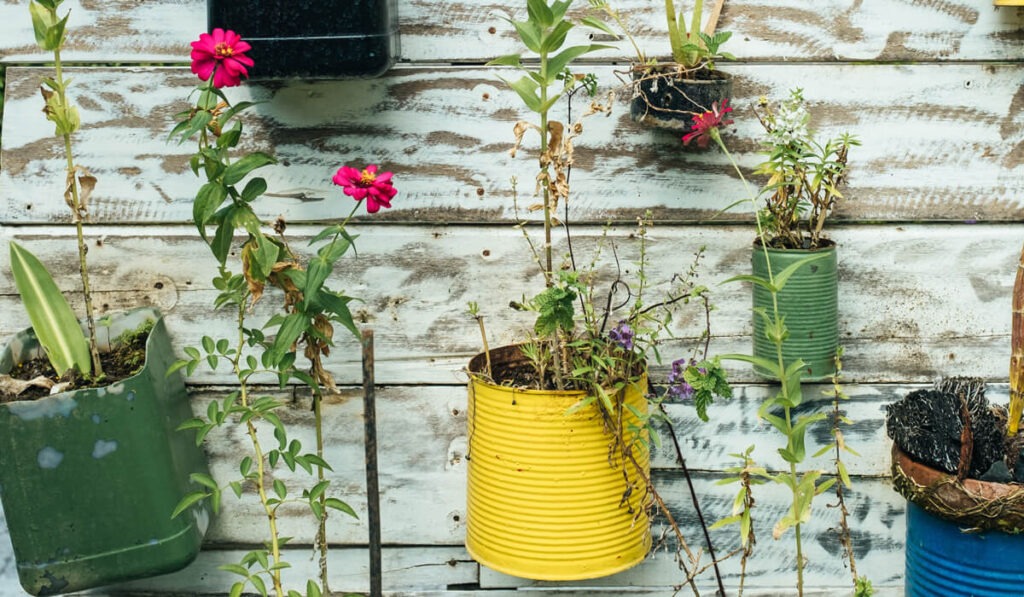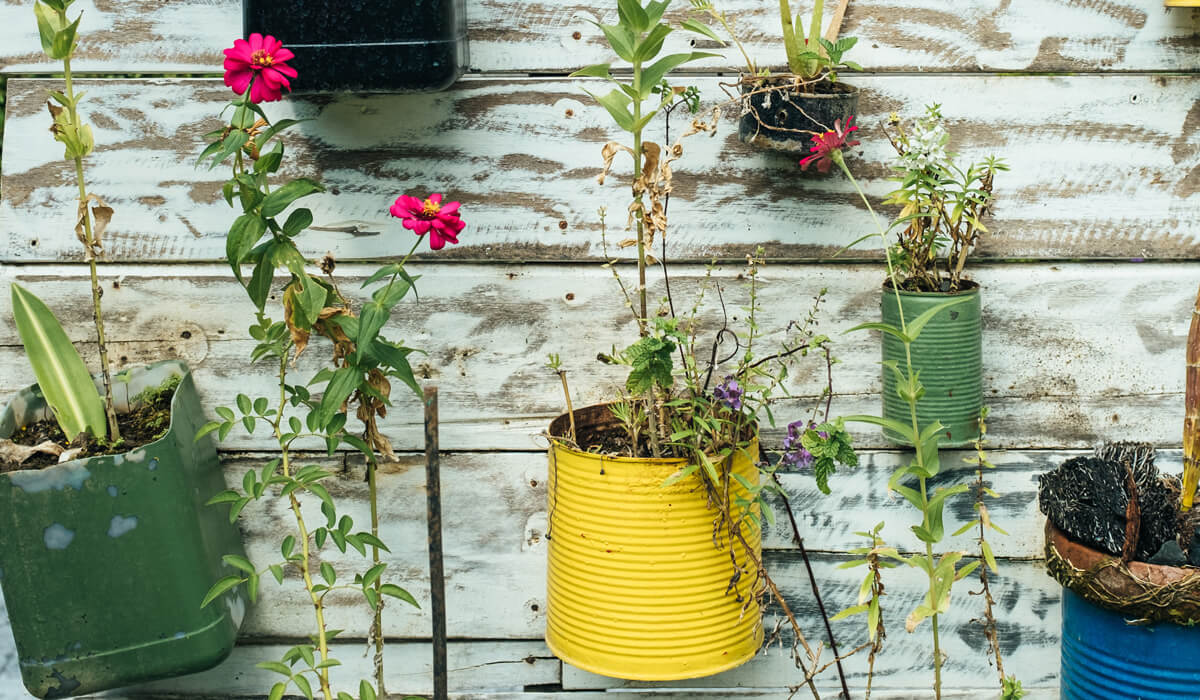
The drive towards plastic reduction is far from a new narrative to both big business and SMEs, even in South Africa, where we tend to ride the wave of consumerism a tad later than other parts of the world.
A new twist to the green drive has emerged, though, predominantly in the B2C (Business-to-Consumer) space, and it seems set to become the BBBEE of environmentalism – ignore it at your peril.
Any brand or industry that associates itself with wellness or natural lifestyle products will also be particularly well-positioned to benefit from the early uptake of green packaging
Winds of change
One of the greatest risks in the B2C space is also its most vital asset – consumerism. The desire for “stuff” is, of course, the basis of what makes the space profitable, however, history has shown that consumerism becomes tricky when it suddenly grows a conscience and how a business responds to that demand for change is imperative.
Apple introduced its iOS feature to tell us how long we spend on our iPhones and Sainsbury has “food-bank friendly” labels to encourage customer buying accountability. These may seem like “window dressing” advances in social change but the real value is demonstrated in its return in brand equity.
Social media has made it easier than ever for consumers to air their frustrations and campaigns to demand change and, in extreme examples, people encouraging the boycotting of certain brands is becoming more commonplace. In these cases, the loss of earnings to business could quickly outweigh any cost of change.
What is Green Equity?
As the public is being inundated by messages depicting the harmful effects of single-use plastics, consumers are turning the tables on the businesses they buy from and those that respond effectively and deliberately, by changing the way they package products, will benefit through a new form of intangible equity: Green Equity.
The most evident demand in South Africa has been in the e-commerce industry where packaging is a large portion of expenses and the first physical impression a consumer has of the e-tail business after its website. Any brand or industry that associates itself with wellness or natural lifestyle products will also be particularly well-positioned to benefit from the early uptake of green packaging.

How SMEs and startups should respond
The change needn’t be dramatic. Small changes such as the use of paper void fill instead of a plastic equivalent could result in a hugely positive reaction from the consumer. There are many plastic reduction opportunities available to businesses that actively seek them out and packaging supply companies are quickly building the expertise to support this evident shift.
In certain instances, a small initial capital outlay may be necessary but, in most circumstances, the change to greener packaging will save your business money.
For SMEs and startups, it would be advisable to invest in Green Equity from the start. Design your product packaging in conjunction with a packaging specialist who can advise you on sustainable, environmentally-friendly materials.
Sarah Aishman, in her article in PR Weekly, surveyed 7000 consumers across five industries over two years with a resounding result that the public wants two main things: significant change in the world and for businesses to drive that change ahead of government and prescriptive legislation.
Green Equity is the new Brand Equity – intangible yet incredibly powerful.






